Book Review: A Short Walk Through a Wide World by Douglas Westerbeke
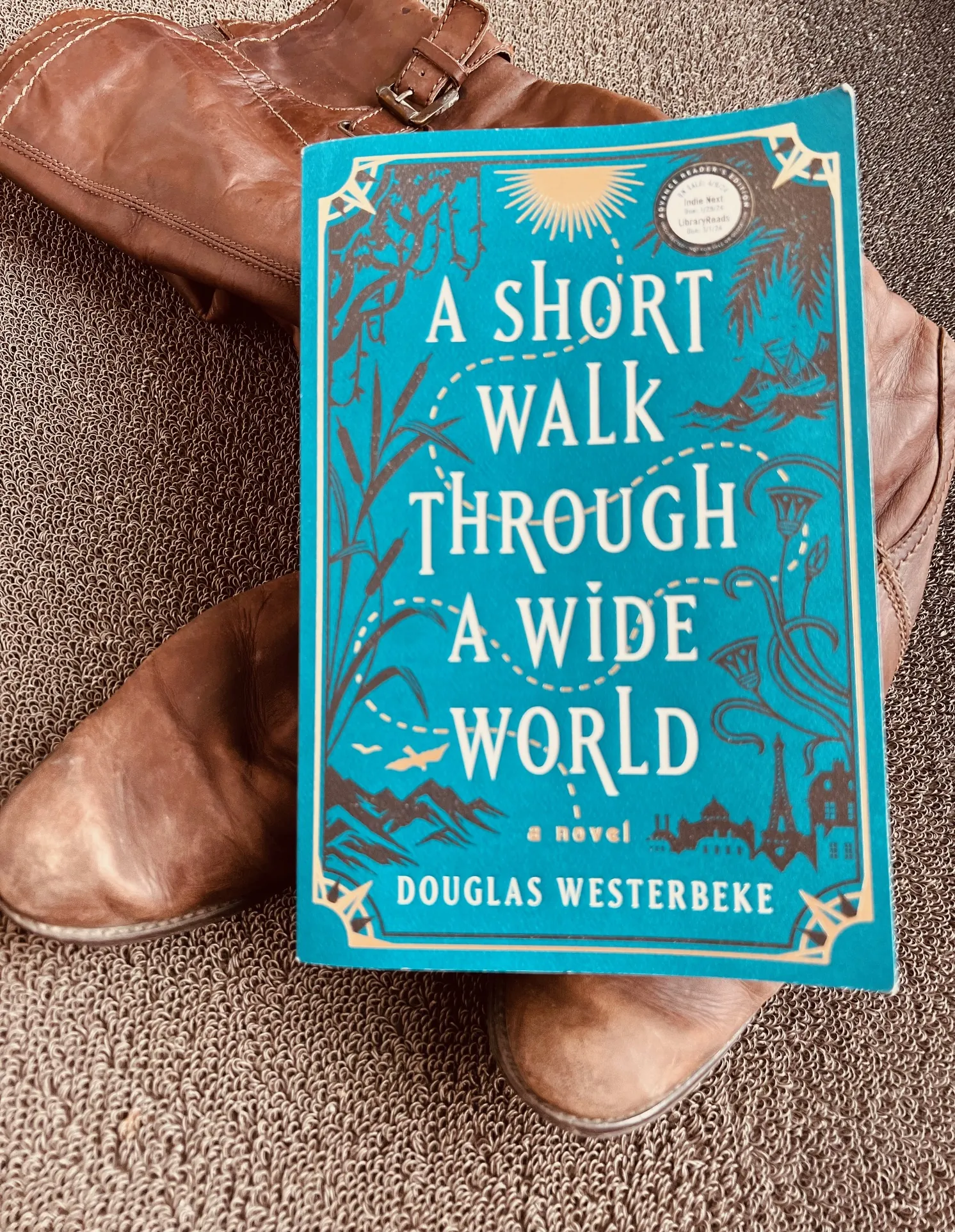
A unique premise of a book always draws my attention, simply because there are SO many books being published these days, it feels like many are a recycling of older themes and ideas. But when A Short Walk Through a Wide World by Douglas Westerbeke was pitched to me, I immediately asked for it because its got a really cool (albeit horrific) idea behind it. The protagonist Aubry cannot stay in one place for more than a few days before blood starts dripping out of her and she develops a horrific pain throughout her body – the only thing that makes the symptoms go away is moving to a place she’s never been before. This forced nomadism may appeal to some, but most of us will see it as a curse, as Aubry does. Westerbeke, a librarian, does a wonderful job of bringing this adventure to life on the pages of this book.
Plot Summary
It’s Paris 1885, and Aubry and her sisters have found an oddly carved well. They decide it’s magic and vow to each throw something into it that they love in order to make a wish. Aubry refuses, and shortly after, begins to bleed out at the dinner table. Local doctors are baffled, and it’s not until she begins to move around away from her home that she realizes it’s the very act of moving that is keeping her healthy and comfortable. Her mother accompanies Aubry on her travels for the first few years, leaving behind her other daughters and husband, but after witnessing how unhappy her mother has become, Aubry steals away in the night and sets off on her own. Circling the globe by always taking a different route, Aubry becomes an independent and capable hunter, able to feed herself and bargain her way onto ships in exchange for her spearing skills. She also becomes a well-hidden celebrity, people eager to see a glimpse of the woman who can’t stay in one place for more than a few days. As she’s faced with insurmountable challenges such as crossing the Himalayas, she somehow manages to stay alive, this disease both forcing her to move, but also protecting her from external maladies that other humans would quickly die from (frostbite, dehydration, etc.). Another fantastical element seems to protect Aubry; the random appearance of magical libraries behind well-hidden wooden doors. She enters through these doors and becomes lost in a labyrinth of bookshelves that contain books that contain no words (only pictures). Eventually emerging again she continues her journey, running into lovers, friends, foes and even fantastical beasts along the way.
My Thoughts
This is escapist fiction: literally and figuratively. We follow Aubry as she escapes society and the inevitable body-wracking pain that strikes, but we also escape into corners of the globe that we would rarely find in the same book. Sailing at sea across the Atlantic, trudging through the hot sands of the North African desert, hunting a dangerous creature that our modern day senses could barely picture in our heads; Aubry does it all. We learn of these adventures as Aubry tells them to others, so the narrative jumps back and forth quite a bit. At first I found this frustrating as a reader, but I quickly realized it was being done on purpose; it didn’t matter what came first, or in what order. We aren’t following a carefully tended to journal; all the days are blending together, almost like some of it never happened. Her disease also begins to talk to her, like a monkey on her back, coaxing her forward, insistent this is always done for her own good. But this is also in question – is she simply hearing things out of exhaustion, or does the illness have its own agency? There are never any clear answers.
There are a few characters that Aubry comes across in her travels that leave a lasting mark on her; one lover when she is young is reunited with her in middle age in a chance meeting. Another man vows to cure her, even trapping her in a room against her will, insistent that her malady is a mental illness only. One of the most memorable (yet brief) encounters she has is with a person who decides to travel from home for the first time, is extremely annoyed at the trials of going to the train station and getting his ticket, then decides he never wants to travel anyway and heads straight back home. I can relate!
Even though this is a book about travel, it’s not a hidden treatise on the joys of travel, or why its important. Instead, Aubry’s trials are both a testament to how powerful travel can be in one’s life, but also how wonderful (and special it is) it is to return home, or even have a home in the first place. She is constantly wishing she could just stand still, and the suspense builds throughout as we near the end and wonder if she ever gets her wish. I won’t spoil it for you – you’ll have to travel with Aubry to find out yourself.

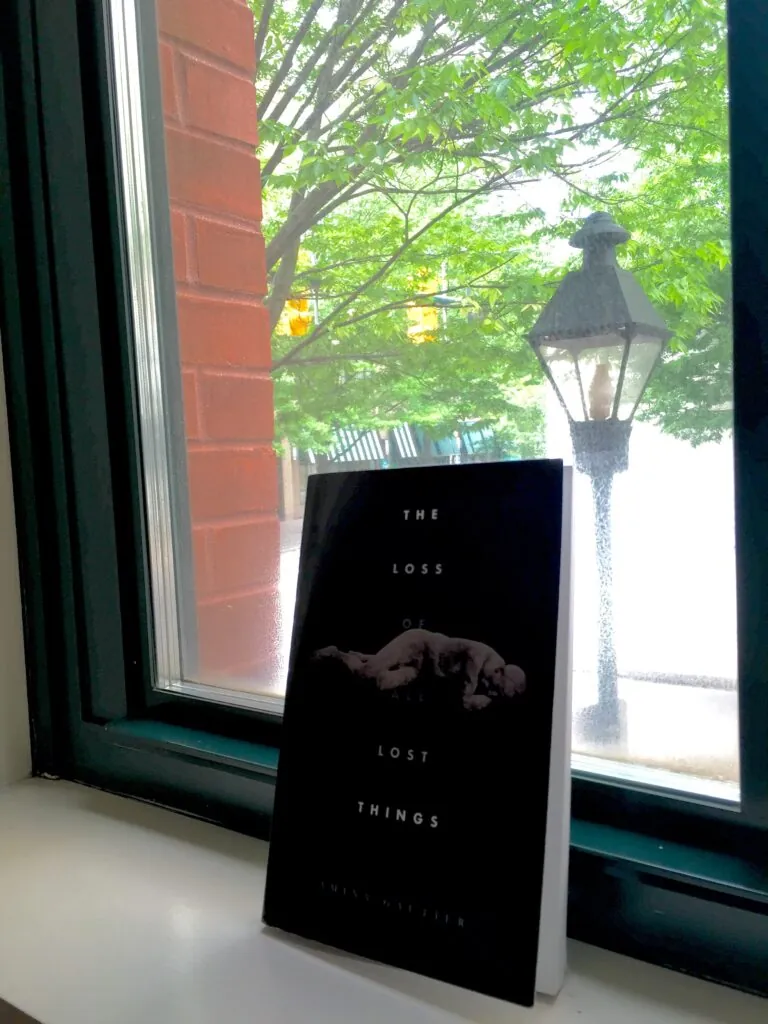
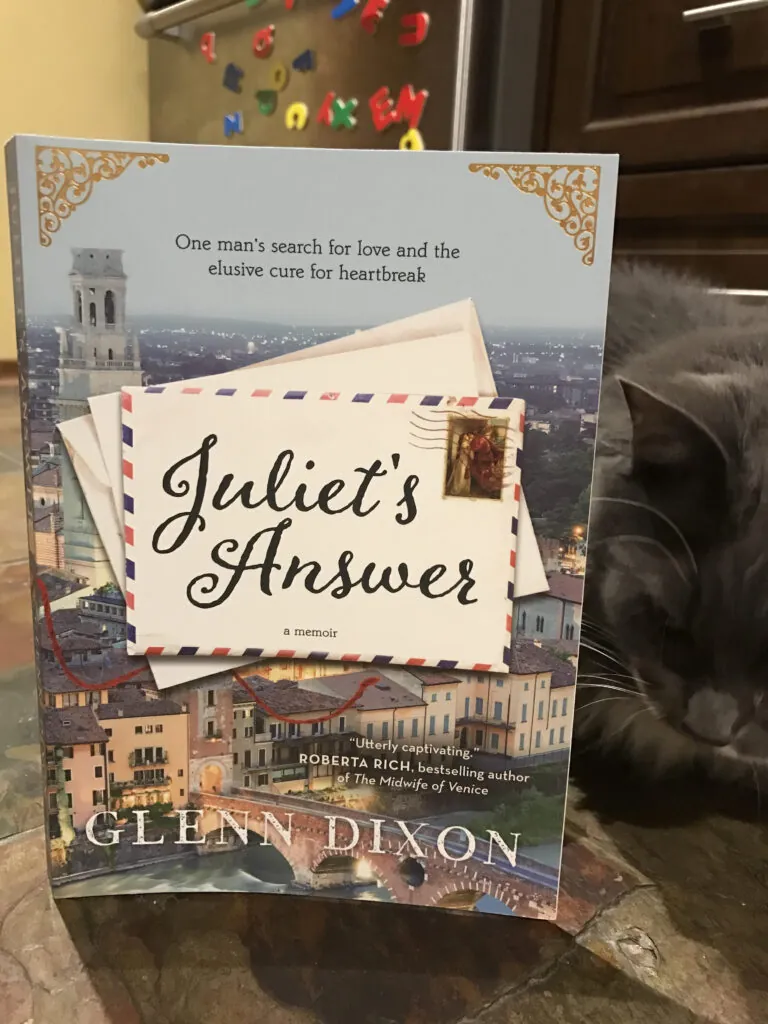
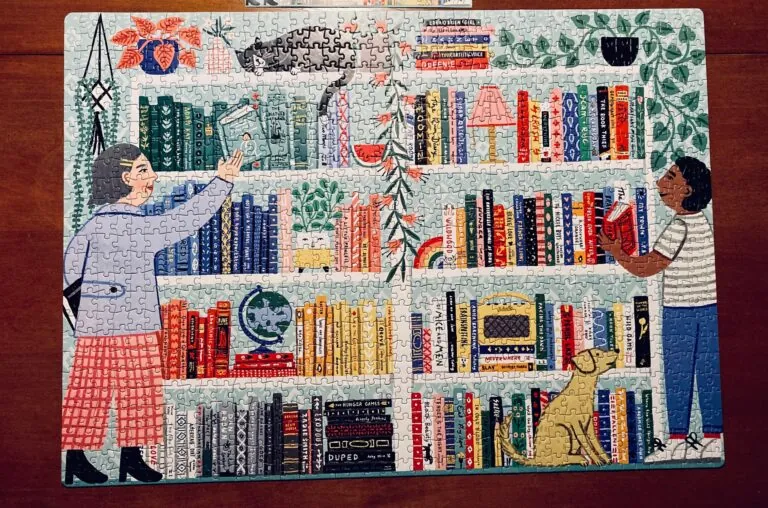
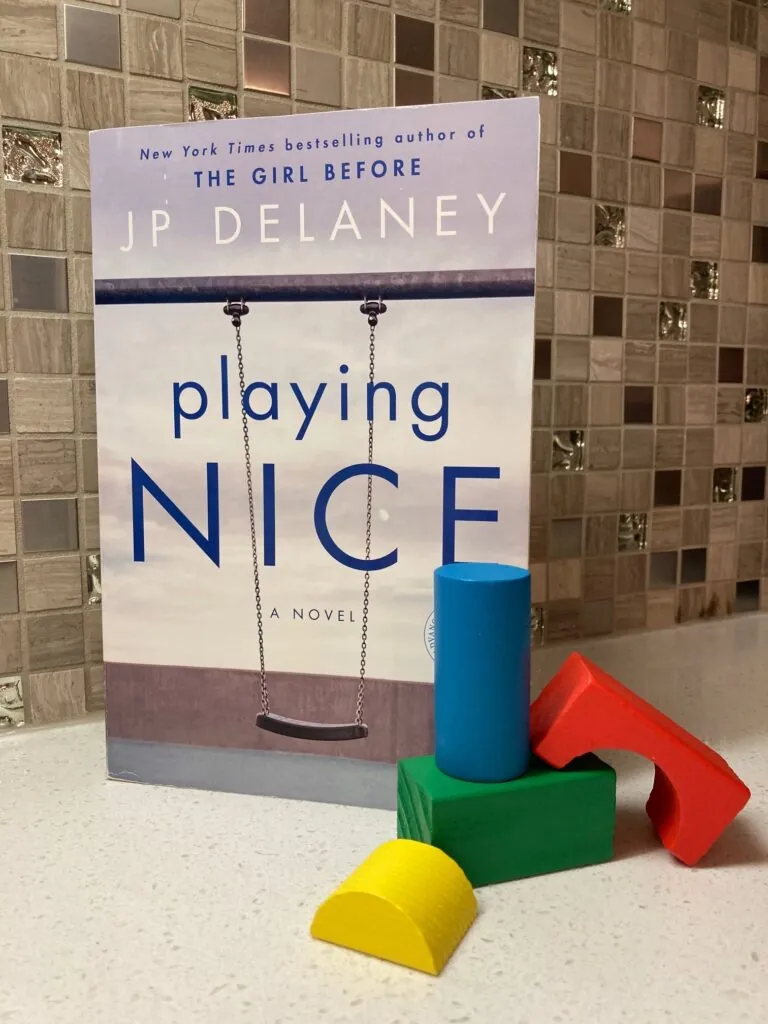

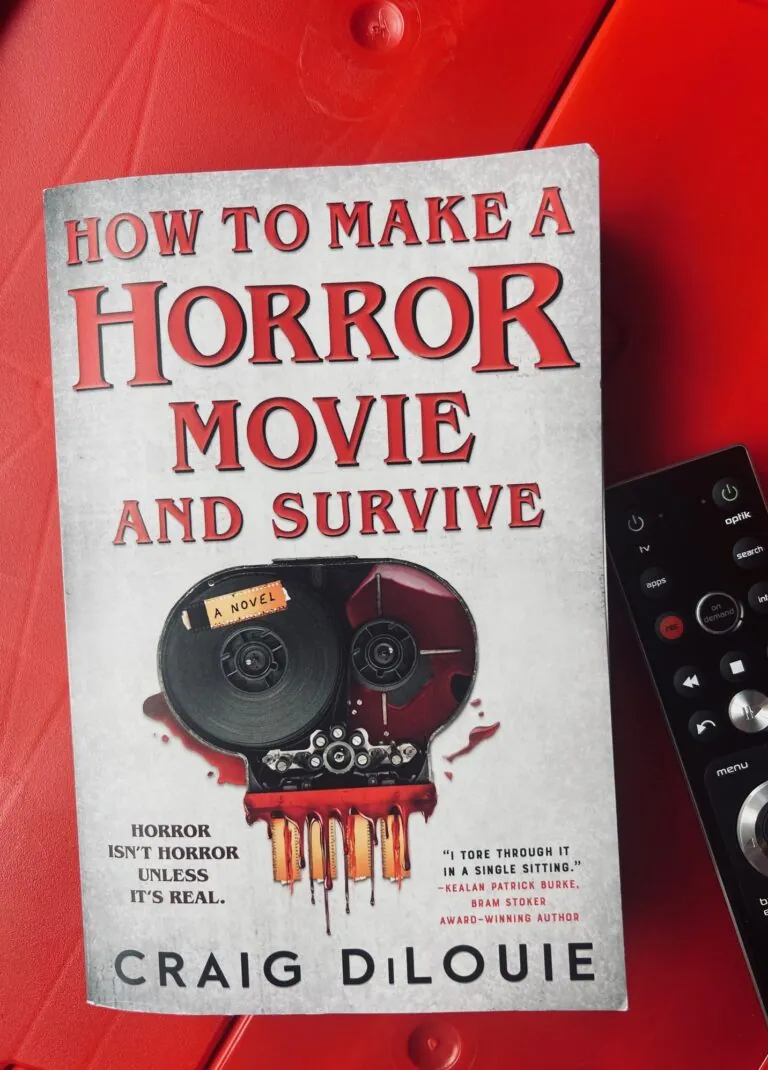
Weirdly, the plot of this reminds me of some horror novels. For example, there are some horror novels in which vampires can only leave their homeland if they have dirt from their homeland on their person. I recall one book in which the woman would sow dirt into her long dresses. I wonder if this novel would be totally different if she had a companion who traveled with her her entire life. Is it about loneliness, or travel, or having a home?
I would say it’s about all three of those themes. She’s lonely, and in desperate want of a home, but she’s not really allowed to have one? It’s a bit about travel too, but I wouldn’t say it glorifies it, which I thought I might…
The premise sounds fascinating!
It really was Laila! I think you’d enjoy this one. Not too dark, but not too light either.
In Josh Cook’s collection of essays, he mentions that for those of us who are influenced by a book’s cover, we should be: someone (or, a group of someones) spent a lot of time getting the cover just right to pull in the perfect audience for it. This cover wouldn’t have done that work for me: the description just doesn’t seem to match! I wonder how many people tried to read this and ended up with permanently raised eyebrows?! heheh
PS I know you’re still getting the website in order…did you notice the comments aren’t nesting anymore?
the comments seem to be working well on this end – as a user, how are you finding it?